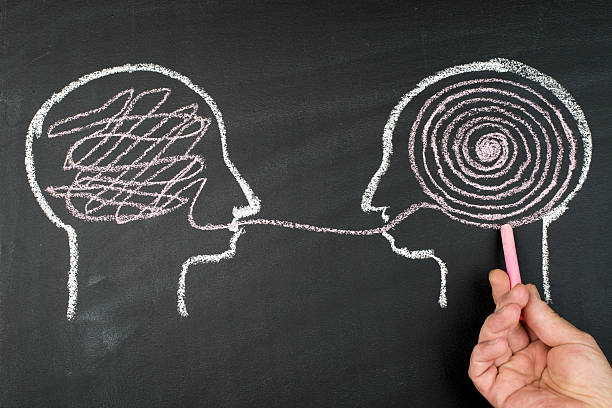Importance of Logical thinking

A logical thinker observes and analyzes phenomena, reactions, and feedback, and draws conclusions based on those inputs. You can justify your strategies, actions, and decisions based on the facts you have gathered. Logical thinkers don’t follow their instincts or strategize because it “feels right.” Logical thinking also requires clarifying assumptions and eliminating prejudices wherever possible.
Organizations can operate on the basic belief that employees are more productive when they are in control of how they do their jobs. Managers use deductive reasoning to reason logically by organizing meetings with subordinates, communication of departmental goals, and brainstorming sessions to determine how employees will achieve those goals. Logical thinking helps all employees process facts and implement sensible solutions instead of acting on emotions.
Logic-based strategies can also persuade other employees more than emotion-based strategies. Critical thinking is more than just thinking because it involves analyzing information and identifying logical connections between ideas. Don’t just memorize and recall facts. Instead, critical thinkers relate new facts to existing knowledge and use new information to make rational decisions and predict possible outcomes. In addition, critical thinkers can identify and evaluate other people’s speech arguments and find discrepancies between them and common logical fallacies.
At the same time, critical thinkers can present valid logical arguments in constructing their own arguments. Critical thinking is based on logic. Logic is the study of the principles of correct reasoning. Logic studies the process of reasoning, the process of constructing valid arguments in support of a particular idea. This process involves taking a particular position, making claims that reflect it, and supporting the claims with evidence-supported reasons. Reasoning is used to explain something, reveal the truth, and persuade someone to draw a conclusion. Logic uses his two methods of reasoning: deductive reasoning and inductive reasoning. Deductive reasoning means reaching certain conclusions based on general premises. Inductive reasoning, by contrast, involves making generalized conclusions based on certain premises. Logic also falls into his two categories of formal logic and informal logic. Formal logic uses deductive reasoning and focuses on the form of the arguments rather than the content. This means that formal logic has nothing to do with the veracity of arguments. Rather, it checks whether the argument structure is valid or invalid. Logical thinking is paramount to understanding the concept of a given situation from a 360-degree perspective.












